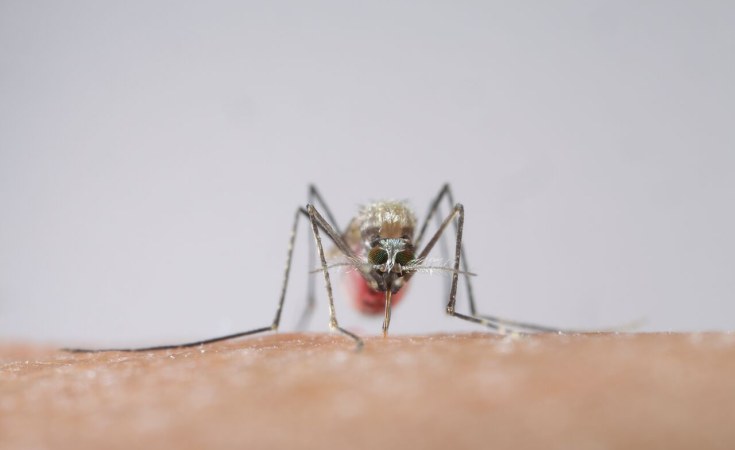Nearly 3.42 million cases of malaria were confirmed in Kenya in 2022. Authorities believe leveraging genetic approaches can control the spread of malaria
Kenya's Medical Research Institute (Kemri) and the Imperial College of London are collaborating to introduce genetically modified (GM) mosquitoes to check the spread of malaria in that country.
Authorities in Kenya have emphasied the critical need to leverage advanced technologies to combat malaria, as the disease remains endemic. According to statistics, in 2022, nearly 3.42 million cases of malaria were confirmed in Kenya.
"It is therefore important to embrace new technology that can assist in controlling it," said Dr Martin Bundi, the acting Deputy Director of Research and Development at Kemri, although timelines for the initiative haven't been set yet.
The GM mosquitoes produced in a lab by the Centers for Disease Control carry two types of genes, which includes a self-limiting gene that prevents female mosquito offspring from surviving to adulthood and a fluorescent marker gene that glows under a special red light, local outlet the Nation reported.
"When the eggs hatch, they develop into adult mosquitoes. These mosquitoes mate with wild females. The genes are then passed on to offspring. The expected result of using GM mosquitoes is that the numbers of Aedes aegypti mosquitoes in an area decreases," the report said.
In May, Djibouti also carried out a similar exercise - becoming the first East African nation to release genetically modified mosquitoes in an effort to stop the spread of an invasive species that transmits malaria.


